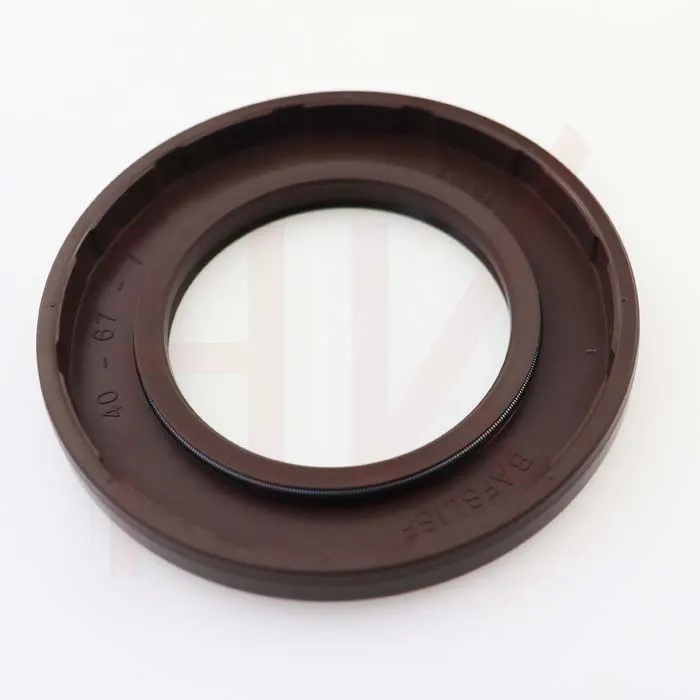Oct . 05, 2024 08:35 Back to list
Understanding Seals for Hydraulic Motors and Their Importance in System Performance
Hydraulic Motor Seals Essential Components for Reliable Operation
Hydraulic motors play a crucial role in various industrial applications, providing the necessary power to drive machinery and equipment. To ensure their efficiency and longevity, the use of high-quality seals is paramount. Hydraulic motor seals not only prevent fluid leakage but also protect the internal components from contamination, making them indispensable in hydraulic systems.
Understanding Hydraulic Motor Seals
Hydraulic motor seals are specially designed components that are used to create a barrier between different sections of the hydraulic motor. They are responsible for retaining hydraulic fluid within the motor while preventing dirt, dust, and other contaminants from entering the system. The performance of these seals directly impacts the overall efficiency and reliability of the hydraulic motor.
Types of Hydraulic Motor Seals
There are various types of seals utilized in hydraulic motors, each serving specific purposes
1. Rotary Seals Often found in hydraulic motors, these seals can accommodate the rotational movement of the motor shafts. They are designed to prevent leakage while allowing for smooth operation.
2. Static Seals Used in areas where there is no movement, static seals prevent fluid from leaking between stationary parts of the hydraulic system.
hydraulic motor seals

3. Lip Seals These seals have a lip that makes contact with the shaft, creating a tight seal to prevent fluid leakage. They're commonly used in hydraulic motors due to their effectiveness.
4. O-Rings Simple yet effective, O-rings are circular seals that are used in various assemblies within the hydraulic motor to prevent fluid escape and protect against contamination.
Material Considerations
The choice of material for hydraulic motor seals is crucial. Common materials include nitrile rubber (NBR), fluoroelastomer (FKM), and polyurethane. Each material offers different properties, such as temperature resistance, chemical compatibility, and wear resistance. The right material selection can significantly enhance the seal's performance and durability, thereby extending the life of the hydraulic motor.
Maintenance and Replacement
Regular maintenance of hydraulic motor seals is essential for preventing leaks and ensuring optimal performance. Signs of seal wear, such as fluid leakage or decreased hydraulic pressure, should be addressed promptly. It is advisable to replace seals as part of routine maintenance to avoid costly repairs and downtime. Using high-quality seals from reputable manufacturers can also enhance reliability and reduce the frequency of replacements.
Conclusion
In conclusion, hydraulic motor seals are vital components that ensure the efficient and reliable operation of hydraulic systems. By preventing fluid leaks and protecting against contamination, these seals contribute significantly to the longevity of hydraulic motors. Understanding the types of seals, material properties, and the importance of maintenance can help organizations optimize their hydraulic systems, leading to improved performance and reduced operational costs. Investing in quality hydraulic motor seals is a key step toward enhancing the reliability of any hydraulic application.
-
TCN Oil Seal Metal Ring Reinforcement for Heavy Machinery
NewsJul.25,2025
-
Rotary Lip Seal Spring-Loaded Design for High-Speed Applications
NewsJul.25,2025
-
Hydraulic Cylinder Seals Polyurethane Material for High-Impact Jobs
NewsJul.25,2025
-
High Pressure Oil Seal Polyurethane Coating Wear Resistance
NewsJul.25,2025
-
Dust Proof Seal Double Lip Design for Construction Equipment
NewsJul.25,2025
-
Hub Seal Polyurethane Wear Resistance in Agricultural Vehicles
NewsJul.25,2025
-
The Trans-formative Journey of Wheel Hub Oil Seals
NewsJun.06,2025
Products categories
















